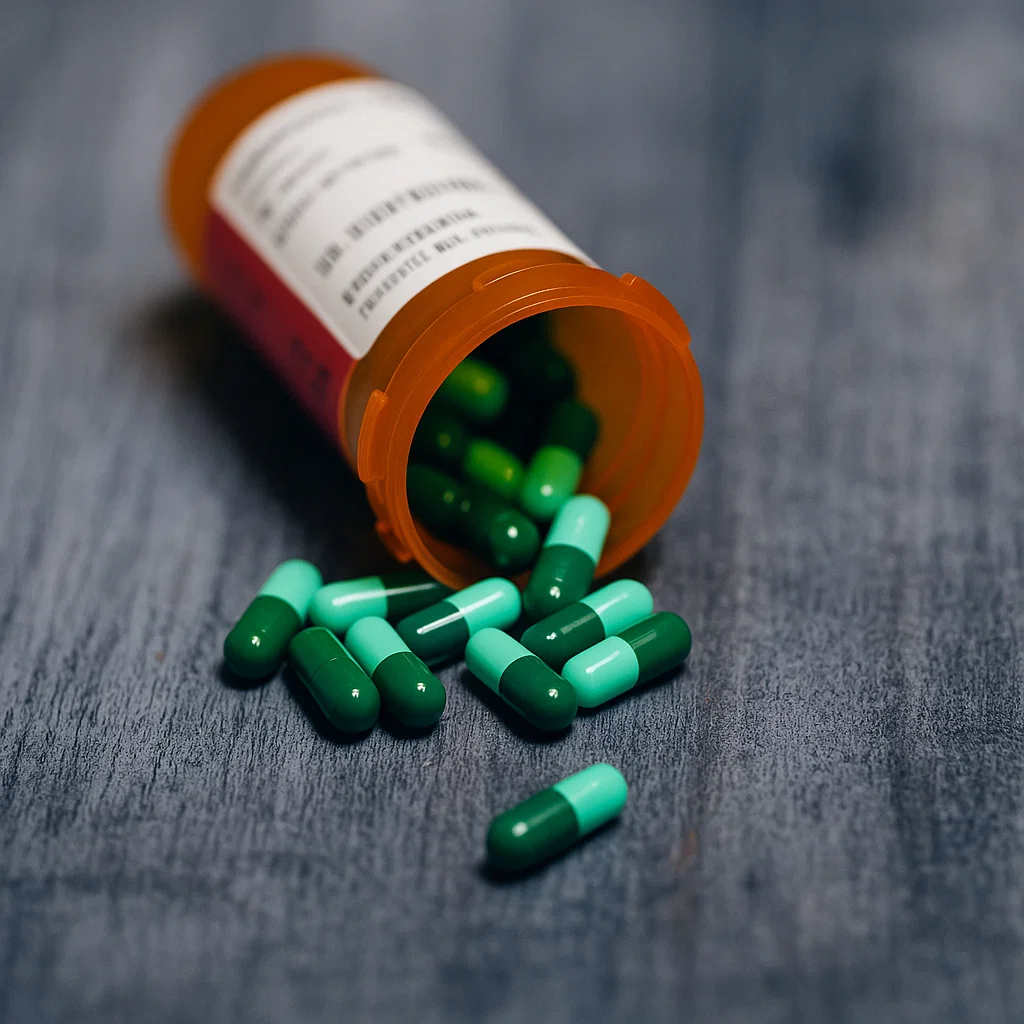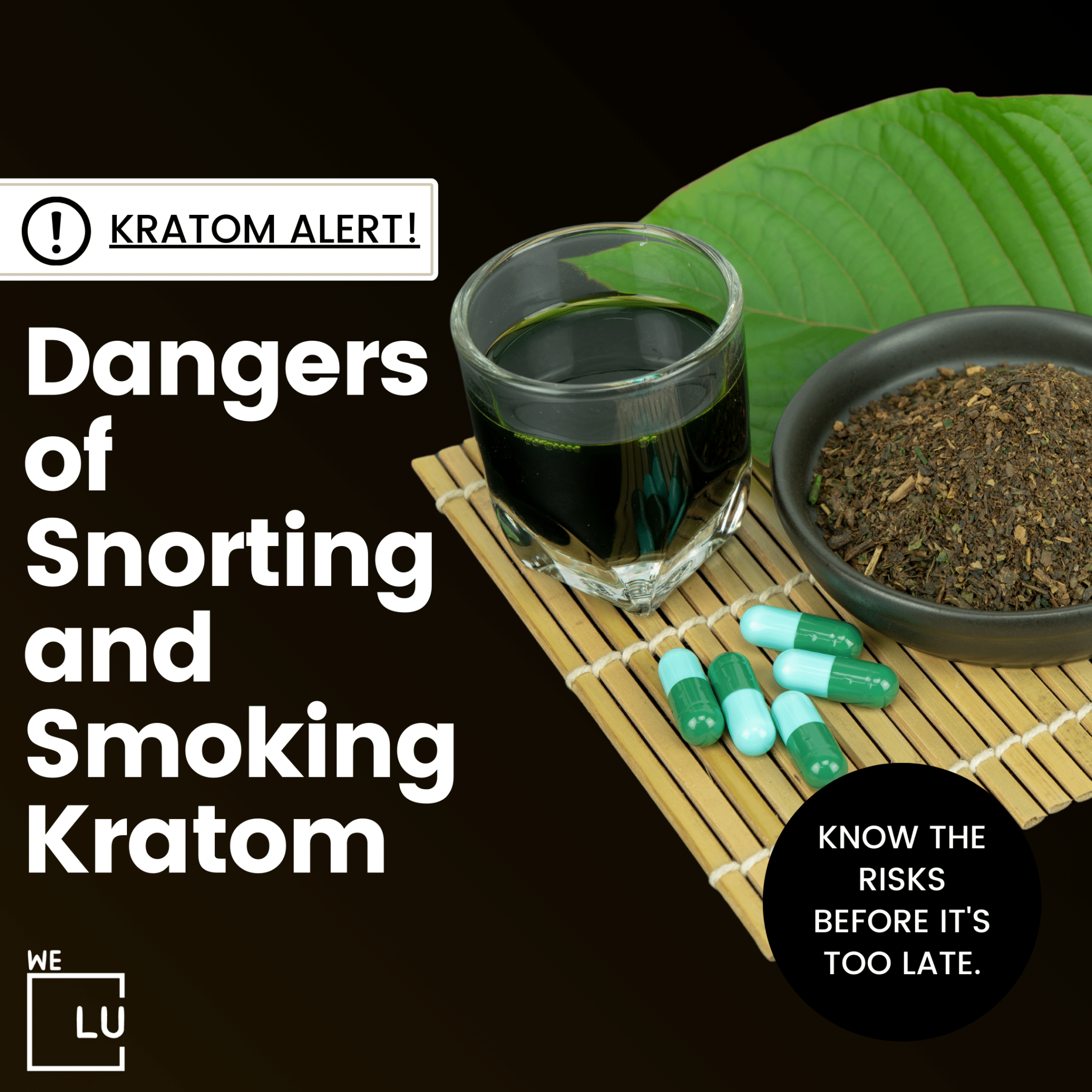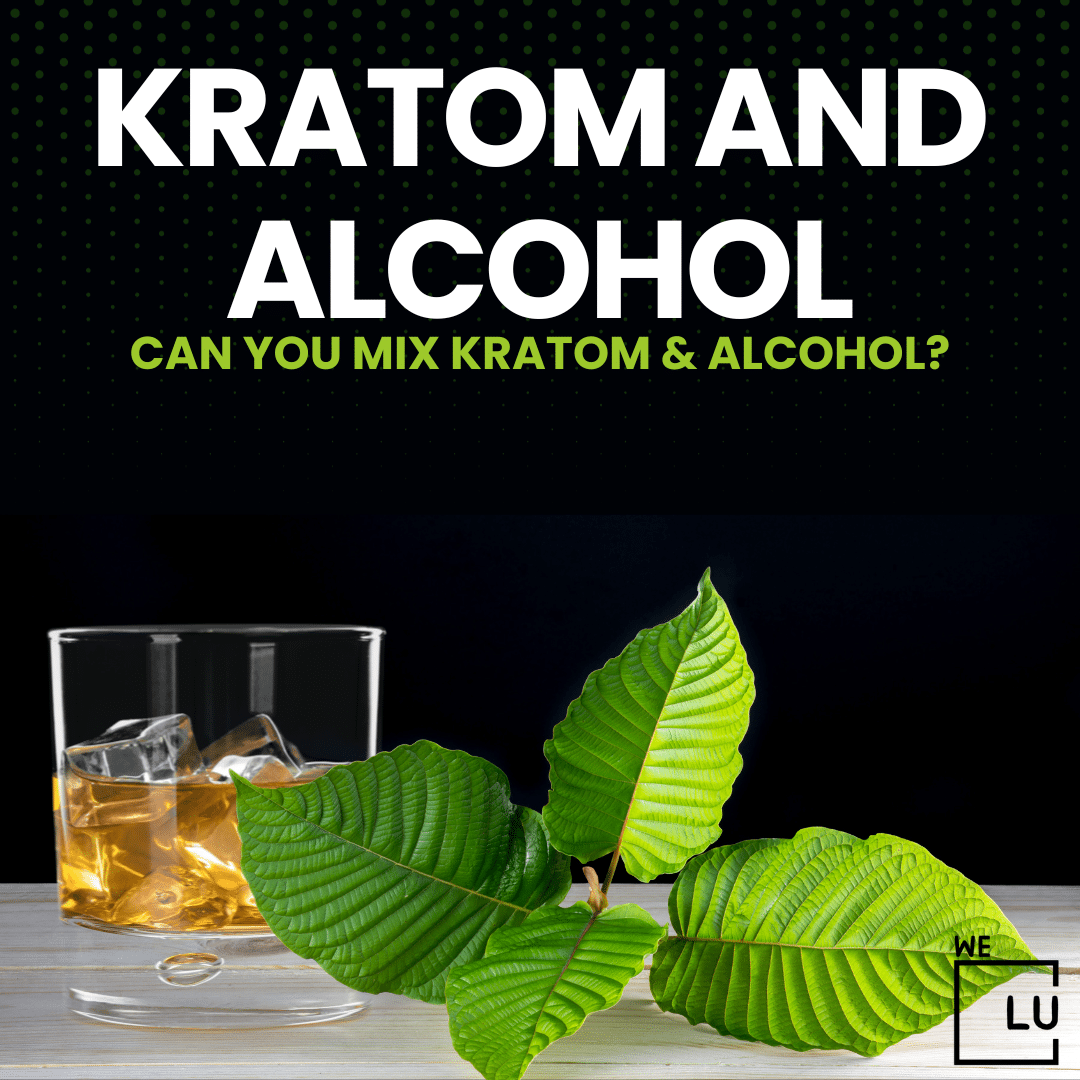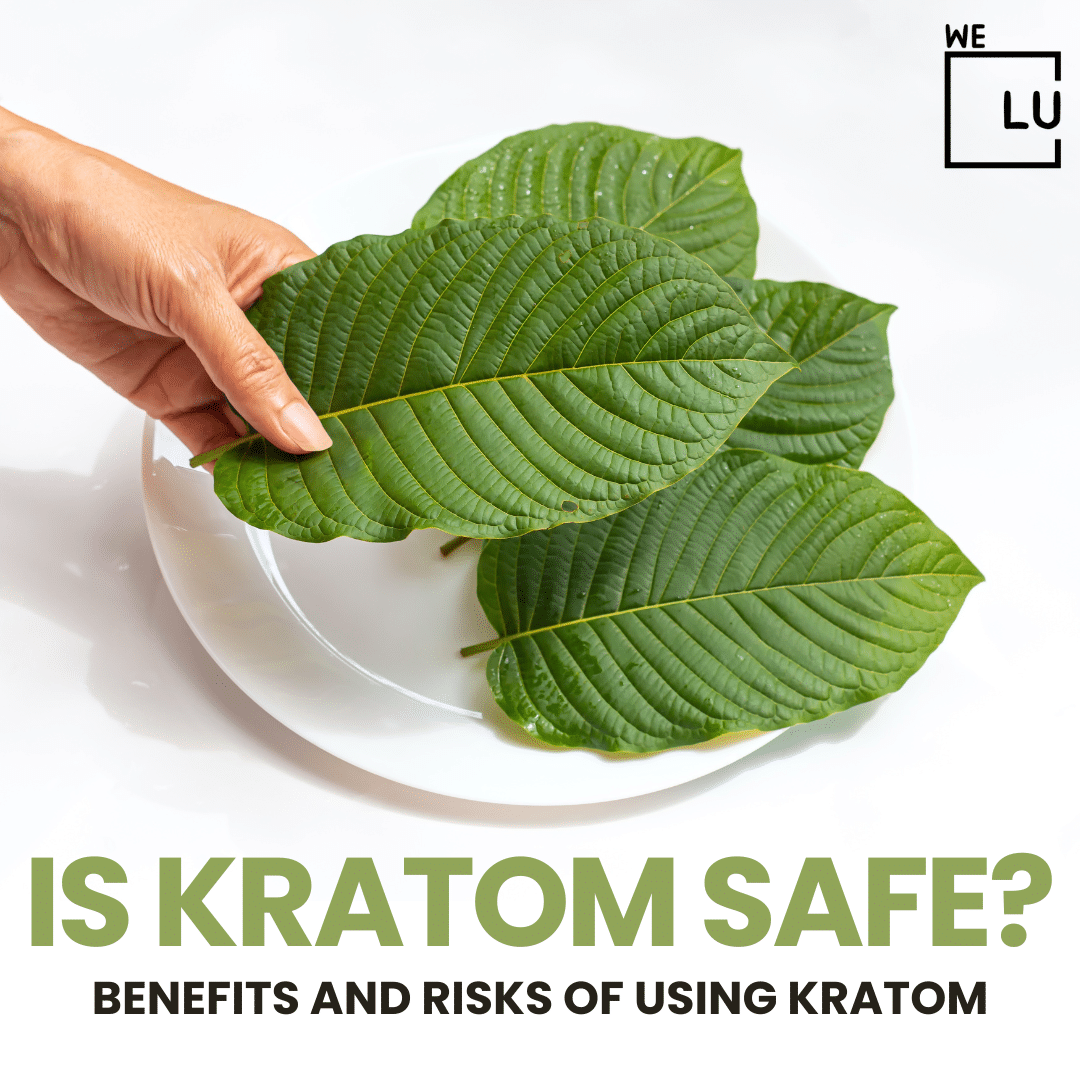Vyvanse emerged as a solution for those wanting to boost concentration in a world that values relentless focus. However, it’s tricky to know when using it for productivity becomes dependent. Is Vyvanse addictive? The risk of Vyvanse addiction is subtle but undeniably real. Its appeal can lead to dependence, and before you realize it, you might find yourself dealing with the consequences of addiction.
Important Warning
- Do not, under any circumstance, take Vyvanse at a higher dosage or for any longer than the duration you were prescribed this drug. The risk of addiction is high with this medication, and you must follow your prescription to a ‘T’ to minimize unexpected complications.
- If you plan to get off of your Vyvanse treatment, inform your doctor so that you can safely stop treatment. Your doctor can help you deal with any complications you might experience when stopping.
- You may still experience withdrawal symptoms even if you follow your prescription instructions — this is especially true for those on more extended treatment plans.
The journey to recovery may seem dark and unending, but you’re not alone. We at Level Up CA Treatment Center extend a helping hand to guide you through all the obstacles of addiction and to a brighter future. Take the first step towards an addiction-free life. Call now!
What is Vyvanse?
Lisdexamfetamine (Vyvanse) is a prescription medication used to help manage the symptoms of Attention Deficit Hyperactivity Disorder (ADHD) in adults and children six years and older and Binge Eating Disorder (BED) in adults.
Vyvanse’s effects stem from its interactions with certain natural substances of the brain. Vyvanse controls the amount of neurotransmitters like dopamine and norepinephrine in the brain. The adjustment in number positively affects attention, focus, and impulse control — a definite benefit for those dealing with ADHD.
Vyvanse stands out from other prescription stimulants with a particularly distinctive characteristic: At its core, Vyvanse contains lisdexamfetamine, a prodrug that undergoes metabolic conversion in the body, transforming into dextroamphetamine. Only then will any of Vyvanse’s effects be felt. This design makes it more complicated and less effective for those who plan to misuse Vyvanse by snorting or injecting it. Additional properties of this drug also delay the body’s absorption, disincentivizing oral misuse by taking large doses.
Side Effects of Vyvanse
The most commonly reported side effects of Vyvanse are as follows:
- Sleepiness.
- Dizziness.
- Headache.
- Dry mouth.
- Constipation.
- Diarrhea.
- Nausea.
- Weight loss.
Read more about Vyvanse’s effects here:
Is Vyvanse Addictive?
While Vyvanse’s design attempts to minimize the potential for misuse, its stimulating effects still hold a degree of appeal for some individuals.
The risk of psychological dependence can happen quickly as users become accustomed to the positive effects of Vyvanse. The desire for sustained productivity and improved concentration might inadvertently evolve into a reliance on the medication. And in turn, this reliance can become addiction.
Here are some physical signs that can be tell of a Vyvanse Addiction.
- Abnormally high levels of energy.
- Excessive sense of self-esteem and self-confidence.
- Aggressive, hostile, angry, or anxious outbursts.
- Changes in mood or personality.
- Sudden lows follow extreme highs.
- Sudden health or financial difficulties.
Symptoms Of Vyvanse Abuse
Vyvanse, with its prodrug intricacies and designed safeguards, occasionally finds itself misused. Its allure lies in the promise of heightened focus and cognitive prowess.
The gradual release of dextroamphetamine, a result of Vyvanse’s metabolic transformation, unfolds like a double-edged sword. While it renders the highs and lows of Vyvanse mild, it also slows the descent into a euphoric state that, otherwise, would have been appealing to those wishing to misuse Vyvanse.
People who are abusing Vyvanse may exhibit the following signs:
- Taking Vyvanse without a prescription or taking higher doses than prescribed.
- Compulsive drug-seeking and drug usage.
- Continuing to use Vyvanse even when there are adverse side effects or consequences.
- Trying to cut down or stop Vyvanse was unsuccessful.
- Being increasingly secretive or changing routines.
- Putting oneself in dangerous situations to obtain more Vyvanse or use it.
- Withdrawing from loved ones and responsibilities like school or work.
- The need to take more of the drug to achieve the desired effects.
Dangers of Vyvanse Addiction
Addiction itself is already dangerous, in and of itself. However, addiction and prolonged use of an addictive drug will exacerbate and complicate the harmful effects of the medication. Below is a list of the adverse effects that someone addicted to Vyvanse might experience.
- Disrupted sleep patterns.
- Increased heart rate and blood pressure.
- Loss of appetite and weight changes.
- Heightened anxiety or agitation.
- Potential for cardiovascular complications.
- Psychological dependence.
- Impaired social and occupational functioning.
- Mood swings and irritability.
- Risk of overdose.
- Withdrawal symptoms upon cessation.
As someone continues to misuse Vyvanse, the potential for an overdose and even death due to different complications increases.

Skip To:
Learn More:
- Vyvanse Side Effects. What You Should Know About Vyvanse.
- Vyvanse Detox, Specifics, Withdrawal Symptoms, Timeline, Medications, Dangers & Treatment
- Can You Snort Vyvanse? Is Snorting Vyvanse Dangerous?
- How long do amphetamines stay in your system? Peak Levels, Half-Life, Factors of Influence, Amphetamine Addiction, Withdrawal & Treatment
- Amphetamine withdrawal, Abuse, Symptoms, Medical Detox & Treatment for Addiction
- Amphetamine addiction, Types, Abuse, Signs, Dangers, Side Effects & Treatment Options
- Amphetamine psychosis, Symptoms, Withdrawal Psychosis, Signs of Addiction & Treatment
- Amphetamine effects, Types, Addiction, Effects on the Brain, Harmful Effects & Treatment Options
- Amphetamine vs Methamphetamine, Main Differences, Stimulants Specifics, Deadly Potential & Treatment Options

Get Your Life Back
Find Hope & Recovery. Get Safe Comfortable Detox, Addiction Rehab & Dual Diagnosis High-Quality Care.
Hotline (855) 695-1160Vyvanse Overdose
Vyvanse, a prescription stimulant offering relief for conditions like ADHD and BED, carries therapeutic benefits when used responsibly. The allure of heightened concentration and energy may tempt some into exceeding these limits, unwittingly navigating towards a dangerous territory. Stepping beyond prescribed limits poses and into that territory exposes these people to the risk of overdose — and even death.
Overdosing on Vyvanse is not merely an abstract concern but a tangible risk that necessitates a deeper understanding of the consequences, both immediate and prolonged, that can ensue when the boundaries of responsible usage are breached.

Symptoms of a Vyvanse Overdose
- Confusion.
- Panic.
- Aggression.
- Hallucinations.
- Dangerously elevated body temperature.
- Rapid breathing.
- Heart arrhythmia.
- Overactive reflexes.
- Muscle pains and weakness.
- Restlessness.
- Tremors.
- Seizures.
Get Help. Get Better. Get Your Life Back.
Searching for an Accredited Drug and Alcohol Rehab Centers in Near You?
Even if you have failed previously and relapsed, or are in the middle of a difficult crisis, we stand ready to support you. Our trusted behavioral health specialists will not give up on you. When you feel ready or just want someone to speak to about therapy alternatives to change your life call us. Even if we cannot assist you, we will lead you to wherever you can get support. There is no obligation. Call our hotline today.
FREE Addiction Hotline – Call 24/7Vyvanse Addiction Treatment
Addiction can be incredibly hard to live through, not just for the person directly affected but also for friends and family members who might watch a loved one deal with it. There are different options to manage this condition and increase the chances of a return to everyday life.
Addiction Treatment Centers
Addiction treatment centers are a popular measure to help people overcome seeking and using drugs. In some instances, treatment centers may be gender- (such as female only) or age-specific (adults only) to provide these groups with the level of care they need.
Medication
Certain drugs help manage the withdrawal symptoms of Vyvanse addiction. These include medications that stabilize neurotransmitters such as dopamine, norepinephrine, or serotonin. These drugs can help to provide relief from withdrawal effects and may help to prevent a relapse.
Behavioral Therapies
Therapy is another sought-after treatment option for managing substance use disorders. Through methods like cognitive behavioral therapy (CBT) for addiction, patients can learn more positive attitudes and behavior patterns concerning drug use. This treatment method may also teach healthier ways to cope with daily life and challenges that may encourage drug use as an escape.

Risks During Vyvanse Addiction Treatments
Recovering from addiction is challenging and ridden with obstacles. This table outlines different categories of risks, including medical complications, psychological challenges, withdrawal symptoms, co-occurring disorders, relapse potential, and social and occupational impacts. Recognizing these risks can help individuals and healthcare professionals navigate treatment more effectively and ensure a well-informed path toward lasting recovery.
| Risk Category | Potential Risks During Vyvanse Addiction Treatment |
|---|---|
| Medical Complications | – Cardiovascular issues: Elevated heart rate, high blood pressure during detox. |
| – Sleep disturbances: Insomnia or changes in sleep patterns. | |
| Psychological Challenges | – Increased anxiety: Heightened during withdrawal and early recovery stages. |
| – Depression: Some individuals may experience mood swings or depressive episodes. | |
| Withdrawal Symptoms | – Intensified cravings: Strong desires for Vyvanse during detox. |
| – Fatigue and lethargy: Common during the initial withdrawal phase. | |
| Co-occurring Disorders | – Dual diagnosis risks: Addressing underlying mental health conditions alongside addiction. |
| Relapse Potential | – Trigger exposure: Environmental factors or stressors that may lead to relapse. |
| – Inadequate coping skills: Insufficient strategies to manage stress or triggers. | |
| Social and Occupational | – Strained relationships: Interpersonal challenges due to addiction and recovery. |
| – Job or academic difficulties: Impacts on work or school performance during treatment. |
Comfortable Facilities & Amenities
High-Quality Addiction & Mental Health Rehabilitation Treatment
Rehab Centers TourRenowned California Addiction Center. Serene Private Facilities. Inpatient rehab programs vary.
Addiction Helpline (855) 695-1160Proven recovery success experience, backed by a Team w/ History of:
15+
Years of Unified Experience
100s
5-Star Reviews Across Our Centers
10K
Recovery Success Stories Across Our Network
- Low Patient to Therapist Ratio
- Onsite Medical Detox Center
- Comprehensive Dual-Diagnosis Treatment
- Complimentary Family & Alumni Programs
- Coaching, Recovery & Personal Development Events
Vyvanse Detox
Tolerance to stimulants like Vyvanse can occur quickly, meaning that higher doses are needed to achieve the same effects. Tolerance usually leads to dependence. Dependence means that when a person suddenly stops using Vyvanse, they will likely experience withdrawal symptoms. And will need Vyvanse detox.
Vyvanse withdrawal symptoms can range from moderate to severe, depending on certain factors. These factors can include how long someone uses the drug, how often they use it, and whether or not they are dependent upon any other substance.

Vyvanse Detox Timeline
| Time Frame | Detox Milestones and Symptoms |
|---|---|
| Days 1-3 | Initial Withdrawal: Fatigue, irritability, and cravings may set in. Sleep patterns may be disrupted. |
| Days 4-7 | Intensified Symptoms: Cravings may persist, along with heightened mood swings, anxiety, and increased appetite. |
| Week 2 | Stabilization: Physical symptoms begin to subside, but psychological aspects like mood swings and cravings may persist. |
| Weeks 3-4 | Sustained Progress: Emotional well-being stabilizes further. Focus on long-term recovery with ongoing support and lifestyle adjustments. |
| Months 1-3 | Emotional Stability: Gradual improvement in mood and cognitive function. Continued support and coping strategies are essential. |
| Months 3-6 | Sustained Progress: Emotional well-being stabilizes further. Focus on long-term recovery, with ongoing support and lifestyle adjustments. |
| Beyond 6 Months | Maintenance: Continued vigilance against triggers. Emphasis on a healthy lifestyle and ongoing support to prevent relapse. |
The best way for most people to manage symptoms of Vyvanse withdrawal is to gradually taper down their dose of the drug during Vyvanse detox. This practice is recommended for people who recreationally abuse Vyvanse and for people who use therapeutic doses. When someone tapers down their dosage of Vyvanse slowly, over time, withdrawal symptoms are reduced or eliminated. However, people shouldn’t try to do this independently without professional supervision. Trying to manage the symptoms of Vyvanse withdrawal without professional help can lead to dangerous complications.
Learn more about Vyvanse Detox here:
World-class, Accredited, 5-Star Reviewed, Effective Addiction & Mental Health Programs. Complete Behavioral Health Inpatient Rehab, Detox plus Co-occuring Disorders Therapy.
CALL (855) 695-1160End the Addiction Pain. End the Emotional Rollercoaster. Get Your Life Back. Start Drug, Alcohol & Dual Diagnosis Mental Health Treatment Now. Get Free No-obligation Guidance by Substance Abuse Specialists Who Understand Addiction & Mental Health Recovery & Know How to Help.
Prescription Drug Abuse & Prescription Medication Addiction Recovery & Sobriety Story
Experience Transformative Recovery at the We Level Up California Treatment Center.
See our authentic success stories. Get inspired. Get the help you deserve.



Start a New Life
Begin with a free call to an addiction & behavioral health treatment advisor. Learn more about our dual-diagnosis programs. The We Level Up treatment center network delivers recovery programs that vary by each treatment facility. Call to learn more.
- Personalized Care
- Caring Accountable Staff
- World-class Amenities
- Licensed & Accredited
- Renowned w/ 100s 5-Star Reviews
We’ll Call You
Search We Level Up CA Is Vyvanse Addictive, Drug & Alcohol Rehab / Detox & Mental Health Topics & Resources
Sources
- Medline Plus – Lisdexamfetamne (Vyvanse) – https://medlineplus.gov/druginfo/meds/a607047.html
- Goodman DW. Lisdexamfetamine dimesylate (vyvanse), a prodrug stimulant for attention-deficit/hyperactivity disorder. P T. 2010 May;35(5):273-87. PMID: 20514273; PMCID: PMC2873712. https://www.ncbi.nlm.nih.gov/pmc/articles/PMC2873712/
- Najib J, Wimer D, Zeng J, Lam KW, Romanyak N, Paige Morgan E, Thadavila A. Review of Lisdexamfetamine Dimesylate in Adults With Attention-Deficit/Hyperactivity Disorder. J Cent Nerv Syst Dis. 2017 Aug 23;9:1179573517728090. doi: 10.1177/1179573517728090. PMID: 28855799; PMCID: PMC5571766. https://pubmed.ncbi.nlm.nih.gov/28855799/
- Najib J, Didenko E, Meleshkina D, Yusupov K, Maw K, Ramnarain J, Tabassum M. Review of lisdexamfetamine dimesylate in children and adolescents with attention deficit/hyperactivity disorder. Curr Med Res Opin. 2020 Oct;36(10):1717-1735. doi: 10.1080/03007995.2020.1815002. Epub 2020 Sep 11. PMID: 32845786. https://pubmed.ncbi.nlm.nih.gov/32845786/
- National Institute Of Health – Vyvanse Medication Guide – https://dailymed.nlm.nih.gov/dailymed/medguide.cfm?setid=704e4378-ca83-445c-8b45-3cfa51c1ecad
- Najib J. The efficacy and safety profile of lisdexamfetamine dimesylate, a prodrug of d-amphetamine, for the treatment of attention-deficit/hyperactivity disorder in children and adults. Clin Ther. 2009 Jan;31(1):142-76. doi: 10.1016/j.clinthera.2009.01.015. PMID: 19243715. https://pubmed.ncbi.nlm.nih.gov/19243715/
- Blick SK, Keating GM. Lisdexamfetamine. Paediatr Drugs. 2007;9(2):129-35; discussion 136-8. doi: 10.2165/00148581-200709020-00007. PMID: 17407369. https://pubmed.ncbi.nlm.nih.gov/17407369/
- Mattingly G. Lisdexamfetamine dimesylate: a prodrug stimulant for the treatment of ADHD in children and adults. CNS Spectr. 2010 May;15(5):315-25. doi: 10.1017/s1092852900027541. PMID: 20448522. https://pubmed.ncbi.nlm.nih.gov/20448522/
- Boellner SW, Stark JG, Krishnan S, Zhang Y. Pharmacokinetics of lisdexamfetamine dimesylate and its active metabolite, d-amphetamine, with increasing oral doses of lisdexamfetamine dimesylate in children with attention-deficit/hyperactivity disorder: a single-dose, randomized, open-label, crossover study. Clin Ther. 2010 Feb;32(2):252-64. doi: 10.1016/j.clinthera.2010.02.011. PMID: 20206783. https://pubmed.ncbi.nlm.nih.gov/20206783/
- Ermer JC, Haffey MB, Doll WJ, Martin P, Sandefer EP, Dennis K, Corcoran M, Trespidi L, Page RC. Pharmacokinetics of lisdexamfetamine dimesylate after targeted gastrointestinal release or oral administration in healthy adults. Drug Metab Dispos. 2012 Feb;40(2):290-7. doi: 10.1124/dmd.111.040691. Epub 2011 Oct 28. PMID: 22039171. https://pubmed.ncbi.nlm.nih.gov/22039171/
- Coghill DR, Caballero B, Sorooshian S, Civil R. A systematic review of the safety of lisdexamfetamine dimesylate. CNS Drugs. 2014 Jun;28(6):497-511. doi: 10.1007/s40263-014-0166-2. PMID: 24788672; PMCID: PMC4057639. https://www.ncbi.nlm.nih.gov/pmc/articles/PMC4057639/ Read more: is vyvanse addictive, addicted to vyvanse, vyvanse addiction, vyvanse addictive, can you get addicted to vyvanse,
- Lakhan SE, Kirchgessner A. Prescription stimulants in individuals with and without attention deficit hyperactivity disorder: misuse, cognitive impact, and adverse effects. Brain Behav. 2012 Sep;2(5):661-77. doi: 10.1002/brb3.78. Epub 2012 Jul 23. PMID: 23139911; PMCID: PMC3489818. https://www.ncbi.nlm.nih.gov/pmc/articles/PMC3489818/ Read more: is vyvanse addictive, addicted to vyvanse, vyvanse addiction, vyvanse addictive, can you get addicted to vyvanse,
- Elbe D, Macbride A, Reddy D. Focus on Lisdexamfetamine: A Review of its use in Child and Adolescent Psychiatry. J Can Acad Child Adolesc Psychiatry. 2010 Nov;19(4):303-14. PMID: 21037922; PMCID: PMC2962544. https://www.ncbi.nlm.nih.gov/pmc/articles/PMC2962544/





